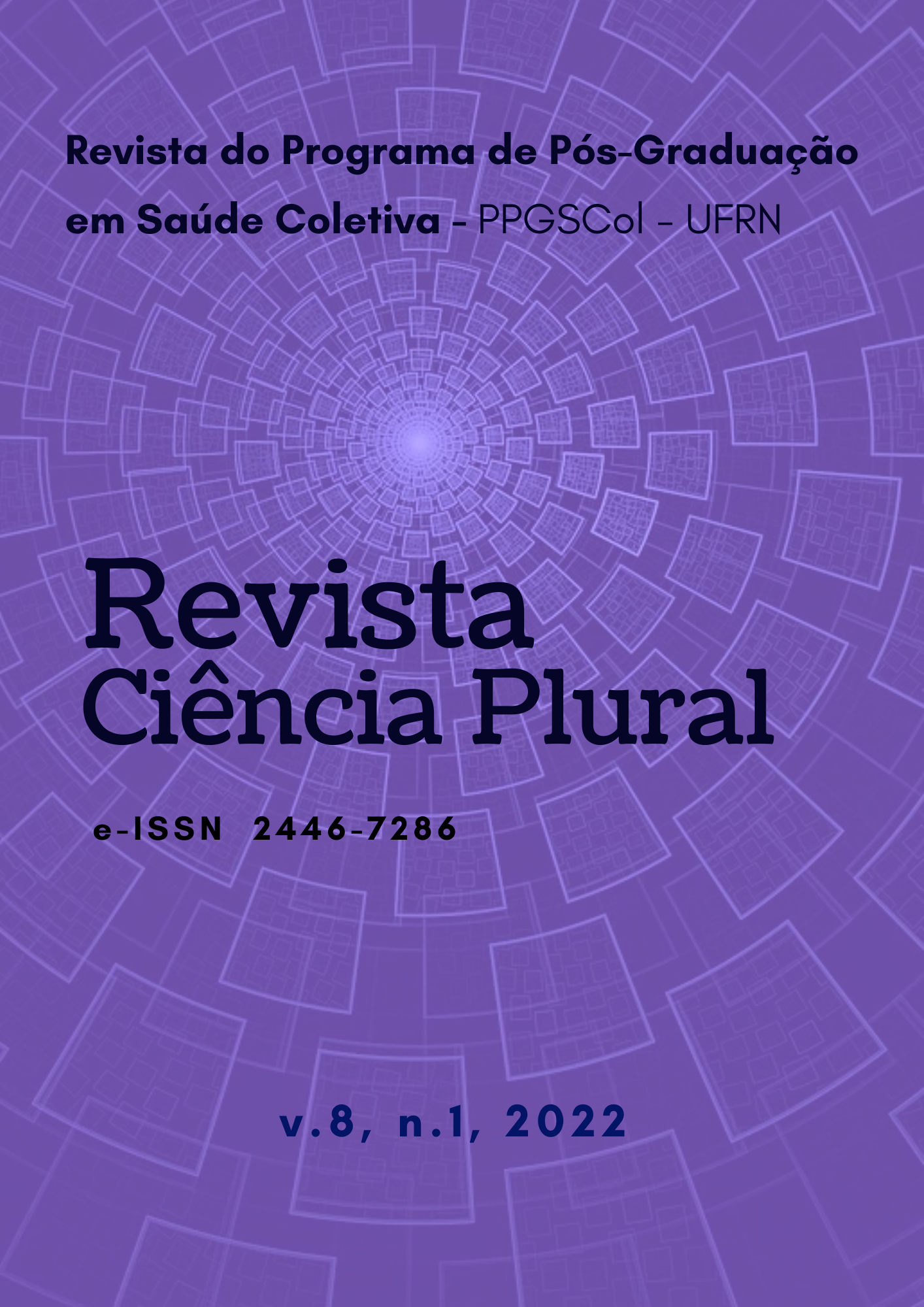QUALIDADE DE VIDA, SINTOMAS DE DEPRESSÃO E ADESÃO AO TRATAMENTO EM PACIENTES COM TRANSTORNO DEPRESSIVO MAIOR
DOI:
https://doi.org/10.21680/2446-7286.2022v8n1ID25741Abstract
Introduction: Patients with major depression usually respond to treatment with antidepressant drugs, however in 10% to 30% of cases there is only a partial response or no response, among the factors that can influence is the profile of liver enzymes metabolizing antidepressants , such as CYP2C19. Objective: To investigate CYP2C19*2 or CYP2C19*17 polymorphisms in patients with major depressive disorder (MDD) treated with citalopram or escitalopram, and to verify associations with treatment adherence, symptoms of depression and quality of life. Methodology: This is a case series study carried out with 29 patients with MDD. Blood samples were collected for CYP2C19 genotyping by TaqMan® allelic discrimination. Data on demographic and socioeconomic profile, treatment adherence (Morisky scale), symptoms of depression (Hamilton scale) and quality of life (WHOQoL-BREF) were collected. Results: There were four patients with (13.8%) CYP219*2 and 10 (34.4%) CYP219*17 polymorphisms. There was higher prevalence of CYP219*17 compared to CYP2C19*2 (p>0.05). In general, no association between socioeconomic, demographic, and clinical features with CYP2C19 genotypes was observed. Moderate adherence to treatment was predominant for CYP2C19*2 and CYP219*17 patients (p>0.05). No statistically significant association was observed between symptoms of depression and genetic polymorphisms (p>0.05). A significant association between polymorphic CC genotype of CYP219*17 with health satisfaction, while the CT genotype was associated with “neither satisfied/nor dissatisfied” status (p<0.05). Most of the CYP2C19*2 and CYP2C19*17 subjects reported “need to improve” or “regular” regarding physical, psychological, social, and environmental domains (p>0.05). Conclusions: The cases showed a higher prevalence of CYP219*17 polymorphism, with moderate treatment adherence. Many subjects, even under the effect of the medication, presented intense to moderate symptoms of depression, and reported impairment in health satisfaction.
Downloads
Downloads
Published
How to Cite
Issue
Section
License
À Revista Ciência Plural ficam reservados os direitos autorais referente a todos os artigos publicados.

 Português (Brasil)
Português (Brasil) English
English Español (España)
Español (España)













